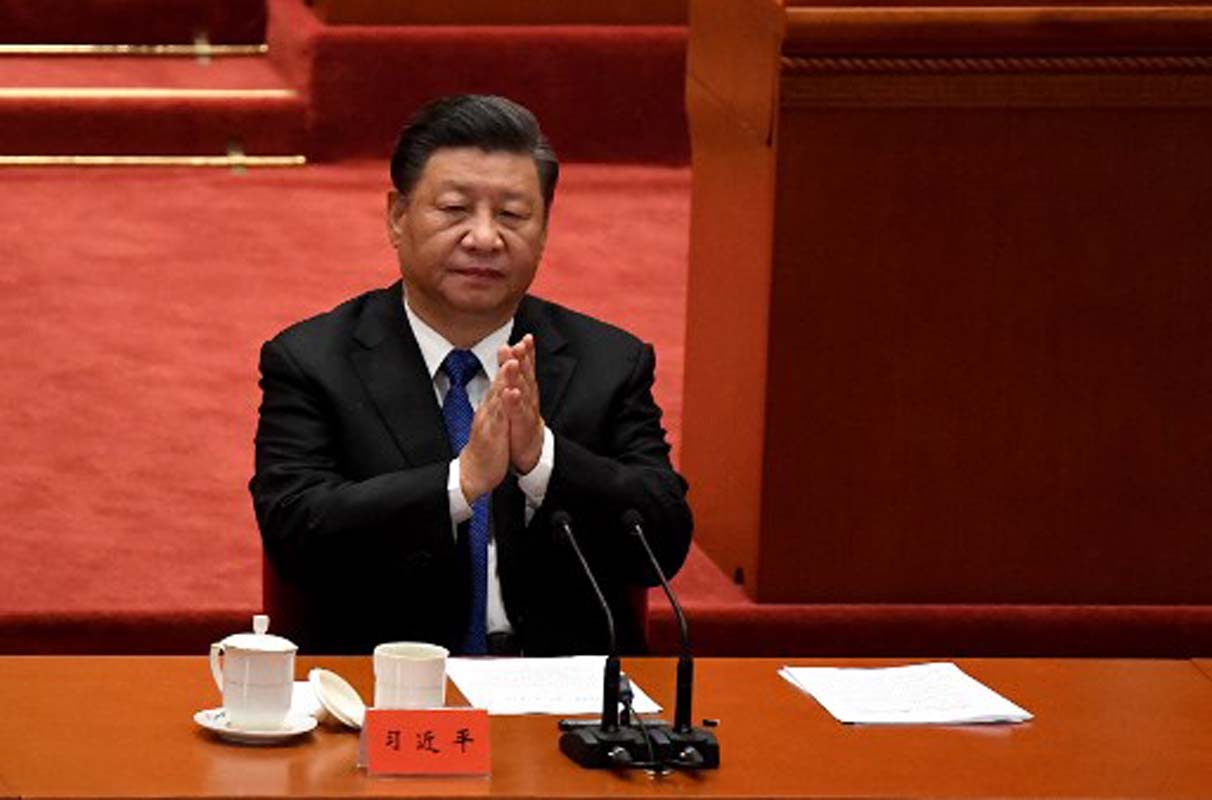
403
Sorry!!
Error! We're sorry, but the page you were looking for doesn't exist.
Xi calls on Japanese PM to safeguard China-Japan ties
(MENAFN) Chinese President Xi Jinping has called on Japanese Prime Minister Sanae Takaichi to honor the “clear provisions on major issues” defined in past bilateral agreements, stressing that “the foundation of China-Japan relations is neither damaged nor shaken.”
According to reports, Xi emphasized the need for both countries to uphold the principles set out in the four political documents guiding their relationship, particularly regarding historical matters and the Taiwan issue. He urged Japan to adhere to the spirit of the “Murayama Statement,” which acknowledges “Japan's history of aggression and apologizes to the victimized countries.”
During their meeting in Gyeongju, South Korea—held on the sidelines of an Asia-Pacific Economic Cooperation summit—Xi said both sides should act on the political understanding of “comprehensively advancing the strategic, mutually beneficial relationship … being partners and not threats to each other” and “taking history as a mirror and opening up the future.”
Xi expressed China’s readiness to work with Japan in building “constructive and stable relations” suited to the current era, noting that bilateral ties face both challenges and opportunities. He voiced hope that Japan’s new government would develop “a correct understanding of China” and stay committed to “peace, friendship and cooperation between the two nations.”
The Chinese leader also underscored the importance of strengthening collaboration in advanced manufacturing, digital technology, finance, and other fields, while jointly supporting the multilateral trading system and ensuring the stability of industrial and supply chains. “The two countries should practice true multilateralism and promote the building of an Asia-Pacific community,” Xi said, adding that both sides should “properly manage differences ... seek common ground while reserving differences.”
For her part, Takaichi described China as “an important neighboring country of Japan.” She affirmed that both nations share “significant responsibilities for peace and prosperity in the region and the wider world” and reaffirmed Japan’s commitment to the 1972 Japan-China joint statement regarding Taiwan.
According to reports, Xi emphasized the need for both countries to uphold the principles set out in the four political documents guiding their relationship, particularly regarding historical matters and the Taiwan issue. He urged Japan to adhere to the spirit of the “Murayama Statement,” which acknowledges “Japan's history of aggression and apologizes to the victimized countries.”
During their meeting in Gyeongju, South Korea—held on the sidelines of an Asia-Pacific Economic Cooperation summit—Xi said both sides should act on the political understanding of “comprehensively advancing the strategic, mutually beneficial relationship … being partners and not threats to each other” and “taking history as a mirror and opening up the future.”
Xi expressed China’s readiness to work with Japan in building “constructive and stable relations” suited to the current era, noting that bilateral ties face both challenges and opportunities. He voiced hope that Japan’s new government would develop “a correct understanding of China” and stay committed to “peace, friendship and cooperation between the two nations.”
The Chinese leader also underscored the importance of strengthening collaboration in advanced manufacturing, digital technology, finance, and other fields, while jointly supporting the multilateral trading system and ensuring the stability of industrial and supply chains. “The two countries should practice true multilateralism and promote the building of an Asia-Pacific community,” Xi said, adding that both sides should “properly manage differences ... seek common ground while reserving differences.”
For her part, Takaichi described China as “an important neighboring country of Japan.” She affirmed that both nations share “significant responsibilities for peace and prosperity in the region and the wider world” and reaffirmed Japan’s commitment to the 1972 Japan-China joint statement regarding Taiwan.

Legal Disclaimer:
MENAFN provides the
information “as is” without warranty of any kind. We do not accept
any responsibility or liability for the accuracy, content, images,
videos, licenses, completeness, legality, or reliability of the information
contained in this article. If you have any complaints or copyright
issues related to this article, kindly contact the provider above.


















Comments
No comment